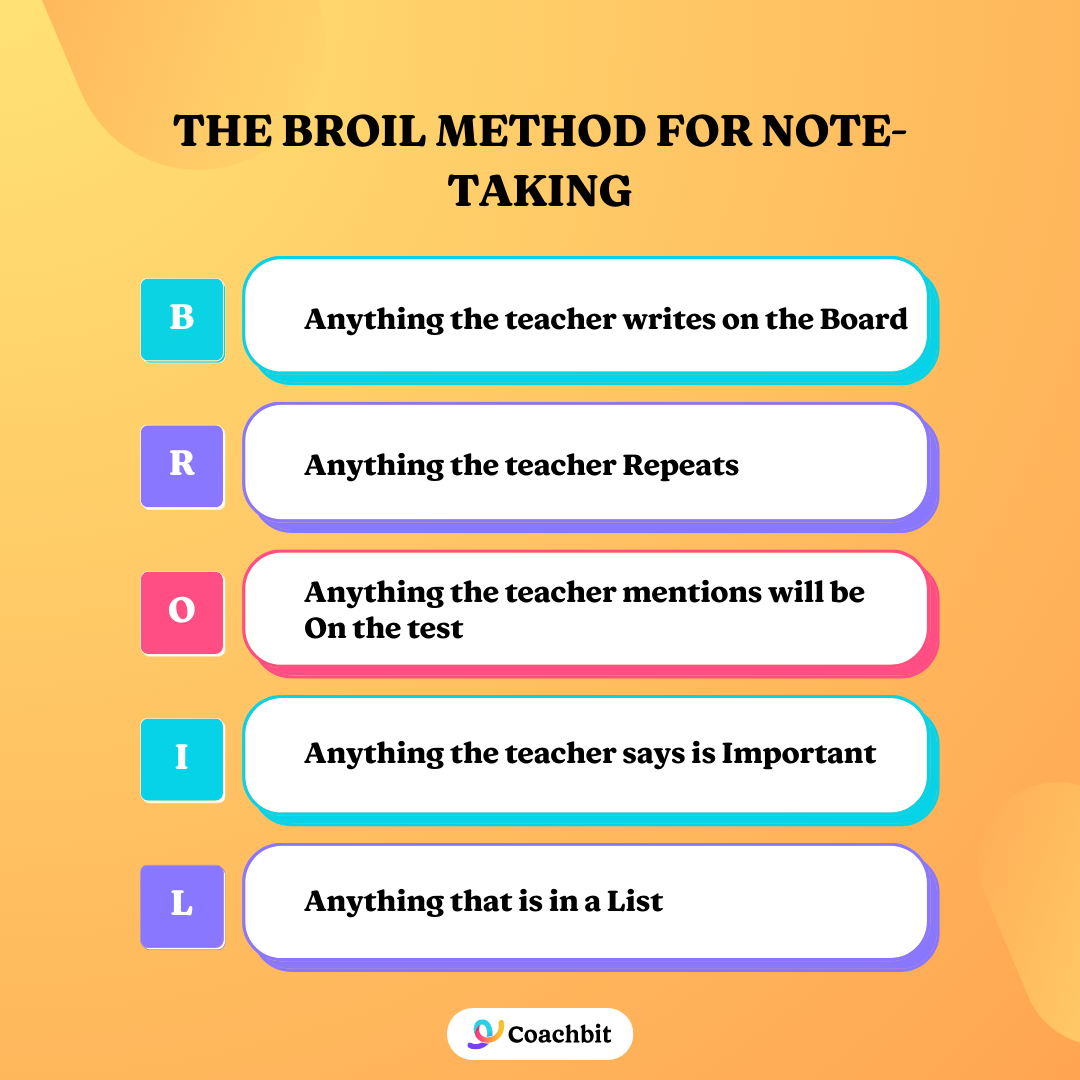_1UtqcF.webp)
Many kids with ADHD and executive functioning deficits face challenges when it comes to schoolwork and studying. An average of 50% of teens with ADHD repeat a grade by adolescence.
Unfortunately, most schools do not equip ADHD students with helpful study skills and strategize to address these challenges. Thankfully, there are study skills that parents can use to help their kids thrive academically and boost their confidence along the way. Let's explore them!
1. Priotiziation
Teens with ADHD often face significant challenges when it comes to prioritizing tasks. This is because ADHD affects their ability to manage their time effectively. They find it difficult to estimate the time needed to complete a task. For example, they may spend two hours creating an elaborate mindmap instead of studying for their math test the following day.
This affects their ability to meet deadlines and prepare for tests. It's no wonder that kids with ADHD are repeating grades.
Developing good time management skills is essential. Encourage using planners, calendars, or digital tools to keep track of assignments, deadlines, and upcoming tests.
Here are some helpful questions to encourage your teen to ask themself before starting a task or planning their week:
- What is due tomorrow?
- What is due within the next week - and when?
- What needs to be started ahead of time, and what needs to be completed in stages?
- Does anything require specific materials (books, art supplies?
- Is there anything that may hinder my ability to complete my week's tasks (sports commitments, a cold, etc.)
2. Note-Taking Strategies
Note-taking during class can be difficult for kids with ADHD. This can be for a variety of reasons.
- They are often distracted during class, missing important information or details
- Lack of organization, making it harder to structure and categorize their notes
- Impulsivity causes them to jot down everything they hear rather than the important information
Poor notes make it harder to study and ultimately affect grades. There are many note-taking strategies out there to assist teens with ADHD in preparing for tests.
The BROIL system is one of them. It helps them identify important ideas and take note of them.

3. Create a Dedicated Study Space at Home
Help your teenager create a study space at home that is both comfortable and conducive to work. Ideally, this space should be quiet, away from distractions such as televisions, background noise, cellphones, or chatty siblings.
Should your teen require greater measures to reduce distraction, ensure the study space faces a wall - windows or open spaces can be very distracting. For those sensitive to sound, background noises can be blocked out via soothing music, white noise, or noise-canceling headphones. Some individuals with ADHD may also benefit from using fidget tools.
4. Take Brain Breaks
ADHD often makes it challenging for teens to sustain attention for extended periods, leading to increased restlessness and reduced productivity.
Brain breaks are short, structured breaks during study sessions. These breaks allow teens to rest and recharge. They help improve focus and fatigue and ensure they don't burn out during study sessions.
Frequent, short breaks are better than longer, more infrequent breaks. They should be around 5 to 10 minutes for every 25 to 30 minutes of focused study and should ideally include movement, a change of environment, and a snack if needed.
5. Incorporate Multi-Sensory Learning
Engaging multiple senses during study sessions can significantly enhance learning and retention for teens with ADHD.
Some senses may help your child learn more than others. While it is helpful to ascertain which best suit your child, engaging multiple senses at once helps kids with ADHD enjoy the process of studying and helps them learn.
Some examples include:
Visual & Kinesthetic - Mindmapping: Creating colorful mindmaps to organize their notes from class and their ideas. They can use colors, symbols, and images to represent different concepts and make connections between them.
Auditory & Visual - Reading aloud: Teens can take turns reading aloud with a study partner or record themselves reading and listening to the recording while following along with the text.
Kinesthetic & Auditory - Movement: For example, try studying using a standing desk, using stress balls or fidget toys to keep their hands busy, or pacing around the room while reviewing flashcards or reciting information aloud.
6. Know When To Call It a Day
It's common for teens with ADHD to struggle with emotional regulation. This means they may not know what to do with themselves when they become frustrated or tired during a study session. They may struggle to manage their emotions and become overly stimulated.
Encouraging your child to take a break or to keep going may be necessary. But if you sense that they have reached their limit, let them know it's okay to end the study session. Should you not, they will quickly associate these sessions with negative emotions.
Remember always to praise your teen when they complete a study session. There is so much value in praising progress and effort rather than achievement and results.
Final Thoughts
Unfortunately, most schools and teachers do not have the time or resources to provide students with ADHD with the study skills to succeed academically. There are vital skills that parents can teach their teens, such as time management, note-taking, and multi-sensory learning. A study skills coach or ADHD coach can also be highly beneficial in equipping teens with these skills and holding them accountable for their study sessions. Find your child an ADHD coach today!
Sources
Aspiranti KB, Hulac DM. Using Fidget Spinners to Improve On-Task Classroom Behavior for Students With ADHD. Behav Anal Pract. 2021 Jun 2;15(2):454-465.
Danielson ML, Holbrook JR, Newsome K., Charania SN, McCord RF, Kogan MD, Blumberg SJ. State-level estimates of the prevalence of parent-reported ADHD diagnosis and treatment among U.S. children and adolescents, 2016--2019. Journal of Attention Disorders, published online May 22, 2022.
How many core habits and skills is your child missing?
Take our short quiz and find out.
Take our quiz

_Z28B9Xm.webp)
_S3ttf.webp)